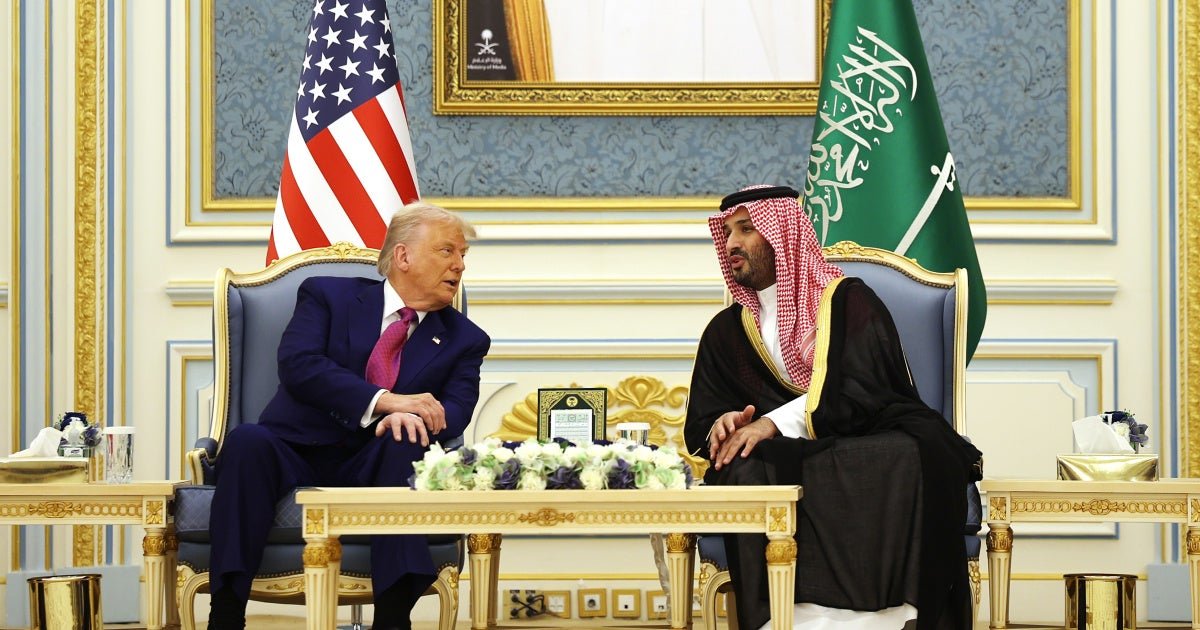
U.S. Rights Groups Call for Crown Prince MBS Visit to Focus on Reforms
Eleven organisations urge the Trump administration and Congress to press Saudi Arabia on detainees, free expression and execution policy ahead of November 18 meeting
Eleven prominent human-rights and press-freedom organisations have issued a joint statement calling on the United States government to prioritise rights reforms during Saudi Crown Prince Mohammed bin Salman’s expected visit to Washington on November 18, 2025. The organisations include Human Rights Watch and others who argue that the upcoming meeting represents a pivotal moment for U.S.–Saudi relations.
They call on the Donald Trump administration and Congress to press Saudi authorities to release detained activists, writers and journalists, and to end systematic repression of free expression.
The statement notes that many of those targeted—such as former detainees, bloggers and women’s-rights fighters—are still blocked from leaving the kingdom or face travel bans.
Since the murder of columnist Jamal Khashoggi in October 2018, the groups say Saudi Arabia has overseen a worsening human-rights climate, with hundreds of executions recorded in 2025 alone—including for non-violent and speech-related offences.
They cite records of at least 300 prisoners executed so far this year, and warn that the kingdom is on track to surpass its 2024 record of 345 executions.
Among key demands is a moratorium on executions, especially for offences committed by minors or for non-violent crimes; the immediate release of named individuals such as humanitarian worker Abdulrahman al‑Sadhan and women’s-rights activist Loujain al‑Hathloul; and the lifting of travel bans that have separated long-term U.S. residents from their families.
While the crown prince’s visit is expected to address strategic issues including defence, oil and investment, the rights groups argue that human-rights concerns must be embedded as a matter of policy—not treated as a formality.
They warn that absent credible commitments, bilateral cooperation risks normalising repression.
As U.S.-Saudi relations approach a new phase, the question remains whether strategic interests will eclipse calls for accountability, or whether rights will be placed at the heart of the engagement.
They call on the Donald Trump administration and Congress to press Saudi authorities to release detained activists, writers and journalists, and to end systematic repression of free expression.
The statement notes that many of those targeted—such as former detainees, bloggers and women’s-rights fighters—are still blocked from leaving the kingdom or face travel bans.
Since the murder of columnist Jamal Khashoggi in October 2018, the groups say Saudi Arabia has overseen a worsening human-rights climate, with hundreds of executions recorded in 2025 alone—including for non-violent and speech-related offences.
They cite records of at least 300 prisoners executed so far this year, and warn that the kingdom is on track to surpass its 2024 record of 345 executions.
Among key demands is a moratorium on executions, especially for offences committed by minors or for non-violent crimes; the immediate release of named individuals such as humanitarian worker Abdulrahman al‑Sadhan and women’s-rights activist Loujain al‑Hathloul; and the lifting of travel bans that have separated long-term U.S. residents from their families.
While the crown prince’s visit is expected to address strategic issues including defence, oil and investment, the rights groups argue that human-rights concerns must be embedded as a matter of policy—not treated as a formality.
They warn that absent credible commitments, bilateral cooperation risks normalising repression.
As U.S.-Saudi relations approach a new phase, the question remains whether strategic interests will eclipse calls for accountability, or whether rights will be placed at the heart of the engagement.